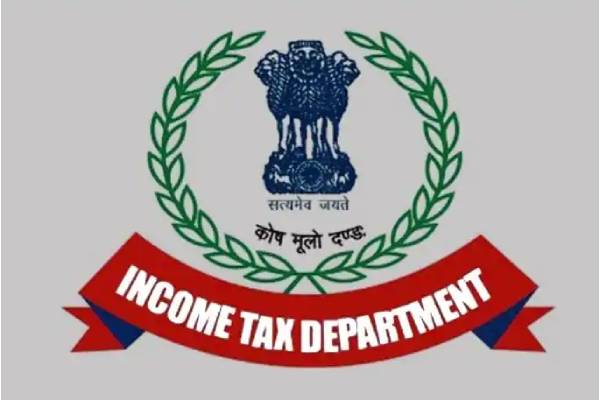A new draft Income Tax Bill has been introduced, marking a significant shift from the six-decade-old 1961 Income Tax Act. The bill, currently under review by a Parliamentary Select Committee, aims to simplify tax laws, align them with modern economic needs, and reduce litigation. Here’s a breakdown of the key changes and their implications for taxpayers.
Why the Change?
The 1961 Income Tax Act was designed for a different era, focusing on regional development and export promotion. Over time, the law became complex, leading to over 2 million pending tax cases. The new bill seeks to address these issues by simplifying the language, reducing sections, and incorporating modern economic realities like digital assets, e-commerce, and blockchain technology.
Key Changes in Personal Tax
For individual taxpayers, the new bill consolidates all salary-related exemptions and taxability under a single chapter, making it easier to understand. The existing old and new tax regimes remain unchanged, with no significant alterations to slab rates announced in the 2025 Finance Bill.
Corporate Tax
One notable change affects multi-layer corporate structures. Previously, dividends passed through holding companies were taxed only at the parent company level. Under the new bill, this pass-through benefit is limited to companies under the 15% manufacturing tax regime, potentially increasing tax burdens for legacy structures.
Another welcome change allows foreign airlines and shipping companies to opt for net profit taxation instead of presumptive taxation, benefiting loss-making or low-profit entities.
Compliance and Digital Assets
The bill introduces stricter compliance measures for virtual digital assets (VDAs). Every transfer of VDAs, such as cryptocurrencies, now requires a tax clearance certificate (NoC), regardless of outstanding tax liabilities. Additionally, taxpayers can apply for lower or nil withholding tax certificates, reducing the hassle of claiming refunds.
Search and Seizure Provisions
The bill grants tax authorities broader powers during searches and surveys, including access to electronic data and passwords. Statements made during such operations must now be given under oath, preventing retractions later.
Simplified Terminology
The bill replaces the terms “assessment year” and “previous year” with a single term, “tax year,” aligning Indian tax terminology with global standards and reducing confusion.
The bill is expected to be enacted by April 2026, with rules and clarifications likely to follow. Hopefully the new Income Tax Bill aims to modernize India’s tax framework, making it simpler and more adaptable to the digital age.


































